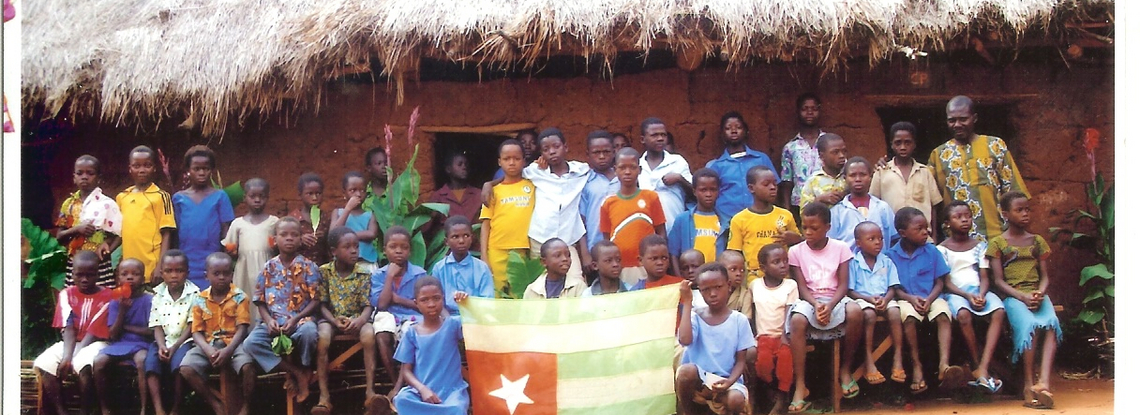Bio-Pineapples and a Kindergarten
In the small village of Adétikopé not far from Togo’s capital Lomé, the initiative AVENIR came into being in 2002. At first a biological pineapple-farm was developed, which soon after was followed by a Waldorf orientated kindergarten as well as two years later by a small primary school. These first steps were supposed to be the roots of a “pedagogy of the future”.

As a basis for the initiative and as a sign of a transnational friendship, two people from Togo and Germany provided nine hectares of Land to the Association AVENIR. The land served as the basis for an agricultural project with a pineapple plant as a main focus. Numerous friends and supporters coming from the Waldorf environment (especially Schloss Hamborn, Waldorf School Mühlheim, and Hibernia School), enabled the start of the initiative with a symbolic purchase of shares.
Anybody who has been to Africa, knows that it is quite a challenge for the patience of African people, to plant something today and then wait for 18 months until it can be harvested. Nonetheless, the residents of the village are already today very proud of “their” pineapple. The harvest was locally sold with huge success and dried bio-pineapple is being exported and available in exchange of a small donation to the association.
Furthermore the local people are very proud of “their own” kindergarten, which differs quite a bit in style and pedagogy from the few other kindergartens in the surrounding region. Through the initiative and the help of parents as well as the support from InWEnt (German company for international cooperation), a new facility for the primary school with six grades will be inaugurated on Easter 2011.
The kindergarten opened in September 2004 and is directed today by the dedicated and committed kindergarten teacher, Essi Ahondoh, who would love to be an intern in a Waldorf kindergarten in Germany or France sometime.
Since 2006, the constantly growing primary school keeps on realizing a holistic educational concept connecting intellectual, artistic, musical and handcrafting elements. The experienced teachers develop new teaching methods involving African traditions and ecological perceptions.
As a next project, after the inauguration of the new school building in 2011, a cultural facility is planned to be developed, not only as a venue for a women’s movement and student groups but also as a centre for communication, in order to give a closer understanding of the African culture to European guests.
Mechthild Gruner-Neurohr
